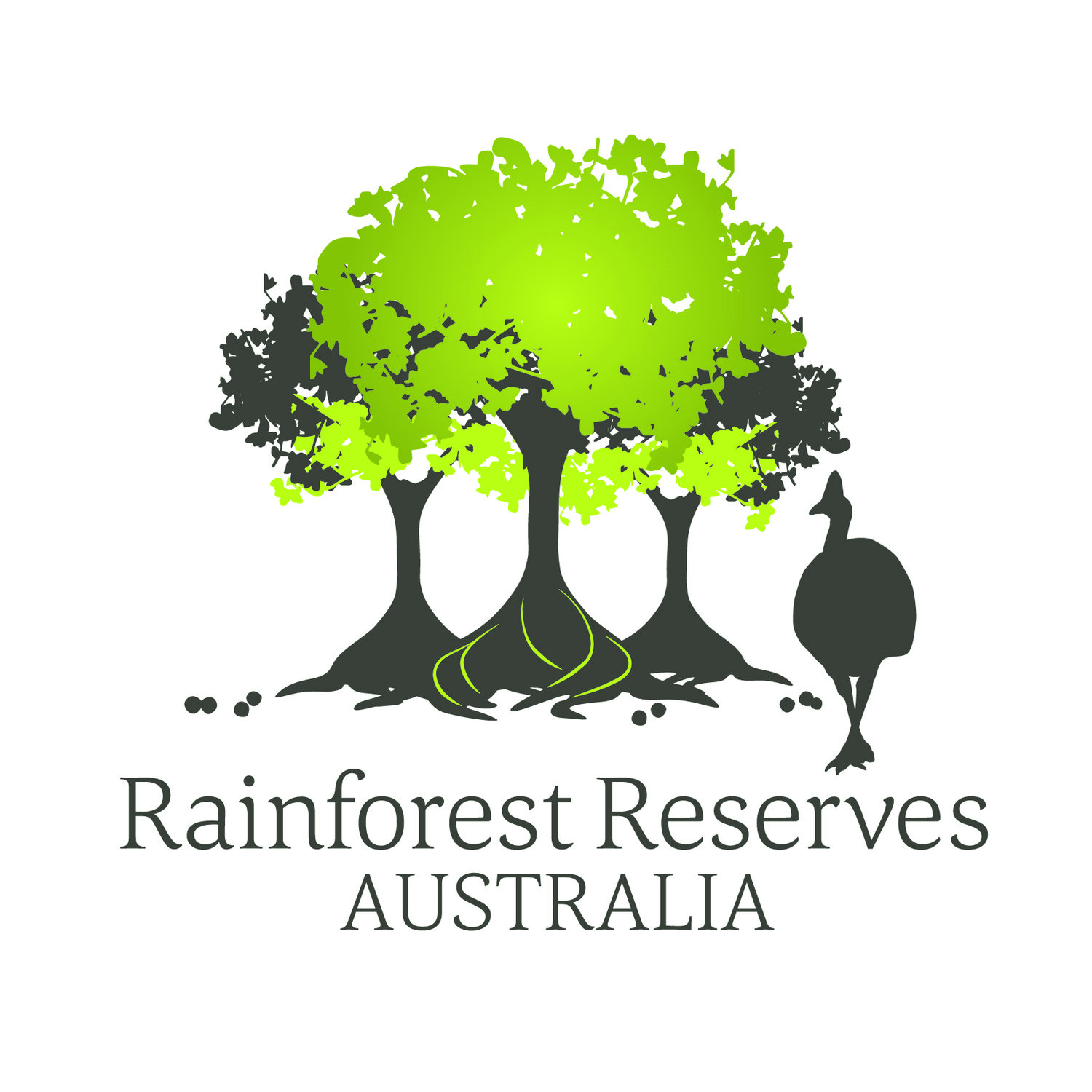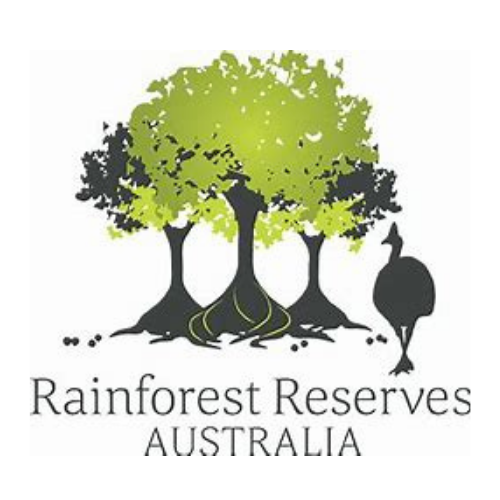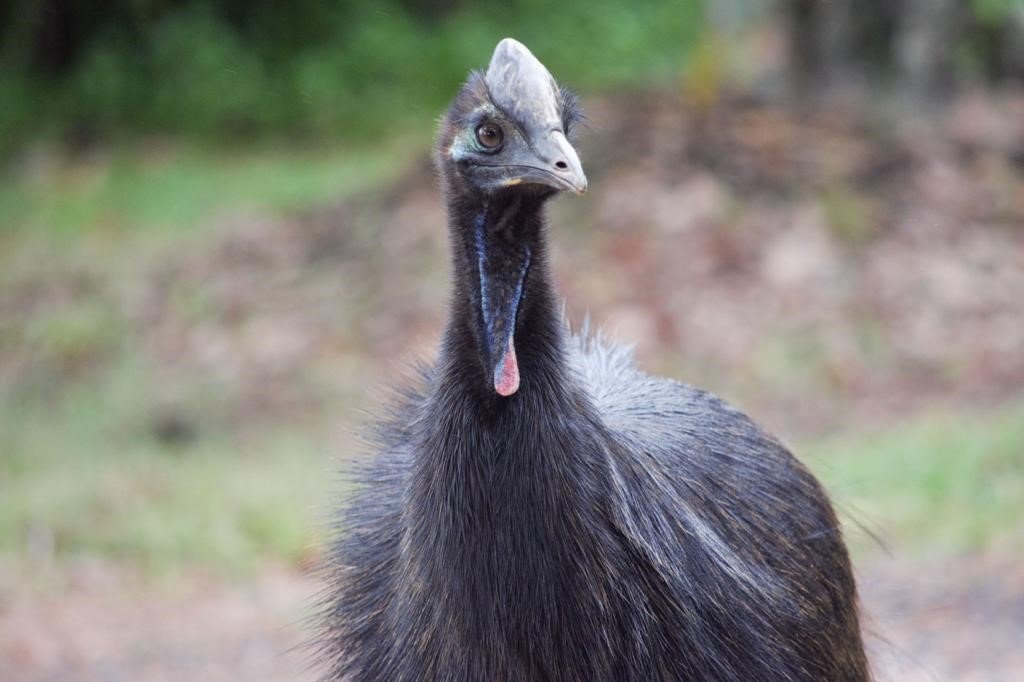
Projects

August 2021 - ongoing
Keep Chalumbin Wild campaign
Stop the Chalumbin wind development
Chalumbin is a vast and remote region of wilderness located on the Atherton Tablelands in Far North Queensland. It sits between Tully Gorge National Park and Koombooloomba National Park and it’s remote location ensures native animals and plants are protected from much human interference.
A 78,000 acre parcel of land is slated by an energy company to become a wind farm. 94 wind turbines are planned to be installed on this unique habitat in the name of “green energy” – the habitat destruction and impact upon protected species may be devastating.
Bob Katter, member for Kennedy, and the Ravenshoe community stand against the proposed Chalumbin wind development, November 2021
Jirrbal Elder Tom Goetz stands up for the Chalumbin wilderness. November 2021
Nature returns: Platypus have now moved back to Toohey’s Creek.
2016 - ongoing
Lake Barrine reforestation project
Rainforest Reserves Australia’s Lake Barrine property, Barrine Park Nature Refuge, was purchased in 2016.
Previously used to graze cattle, much of the land was compacted, dry, overstocked and poorly run. Wildlife here was virtually non existent. The soil was bare.
Today, the area has been “re-wilded”. Over 150,000 native trees have been planted here. A wildlife corridor has been created along Toohey’s Creek connecting it to Lake Barrine. The wildlife has returned. Platypus, Tree Kangaroos, diverse bird life and bandicoots have moved in.
Rainforest Reserves works with the local community,TREAT, NQ Land Management Services, Reef Assist, Rainforest 4 and HalfCut to facilitate tree planting days and continue developing the Toohey’s Creek wildlife corridor.
Now living wild: Kelvin the Cassowary at our Cassowary Facility, 2021. He was successfully released back into the wild in 2021.
Tablelands Cassowary Rehabilitation Facility
Rainforest Reserves Australia has been operating the world’s only privately operated Cassowary Rehabilitation Facility since 2017. Situated at Barrine Park Nature Refuge in the Atherton Tabelands, the facility allows orphaned and injured cassowaries large, safely enclosed space to roam and forage free from predators.





